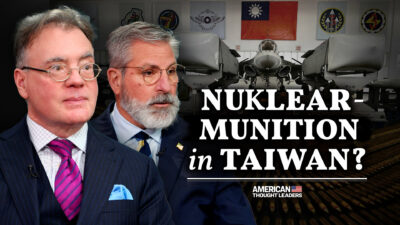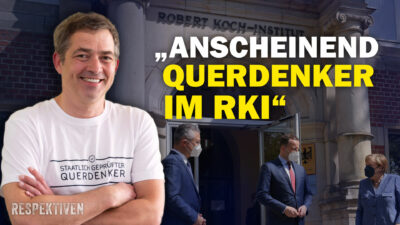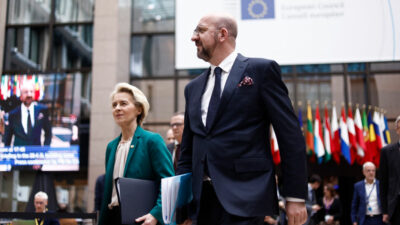
German Catholic Church Addresses Sex Abuse Issue

The Roman Catholic Church in Germany on Tuesday opened a hotline for victims of child abuse.
A new poll shows that the abuse scandal could cost the Church some of its membership.
Speaking for the German Bishop’s Conference on sexual abuse, Bishop Stephan Ackermann of the Trier diocese says the hotline will help bring clarity to the abuse that has occurred, provide help to the victims, and hold the perpetrators responsible.
[Stephan Ackermann, Bishop of Trier, Germany]:
“I want to say very clearly that we will do everything possible to make sure that sexual abuse never again takes place within the institutions of the Catholic church.“
Germany has followed the lead of Ireland, Austria and the Netherlands in establishing a hotline for victims of Church abuse.
Allegations of more than 250 abuse cases in Germany have surfaced in recent weeks. Most of the cases happened at Catholic boarding schools several decades ago.
The Vatican has repeatedly denied that Pope Benedict was involved in a decision to return a priest undergoing therapy for sexual abuse to work, when he was archbishop of Munich in 1980.
According to a Forsa survey of German Catholics conducted by German magazine Stern, 19 percent are thinking about leaving the Church in response to the sexual abuse scandal.
Meanwhile another poll of 1,004 Germans indicates that only 31 percent describe the Pope’s work as good or very good.
In April 2007, that number was 70 percent.
On Tuesday, Bishop Ackermann thanked the victims who had already come forward and acknowledged that such abuse is „painful and shameful“ for the Church.
The hotline could refer adult victims to a lawyer if they wish.
In cases concerning children, the hotline is required to report the case to authorities, when they have enough information from the victim to do so.
 Foto: NTDTV
Foto: NTDTV




























vielen Dank, dass Sie unseren Kommentar-Bereich nutzen.
Bitte verzichten Sie auf Unterstellungen, Schimpfworte, aggressive Formulierungen und Werbe-Links. Solche Kommentare werden wir nicht veröffentlichen. Dies umfasst ebenso abschweifende Kommentare, die keinen konkreten Bezug zum jeweiligen Artikel haben. Viele Kommentare waren bisher schon anregend und auf die Themen bezogen. Wir bitten Sie um eine Qualität, die den Artikeln entspricht, so haben wir alle etwas davon.
Da wir die Verantwortung für jeden veröffentlichten Kommentar tragen, geben wir Kommentare erst nach einer Prüfung frei. Je nach Aufkommen kann es deswegen zu zeitlichen Verzögerungen kommen.
Ihre Epoch Times - Redaktion